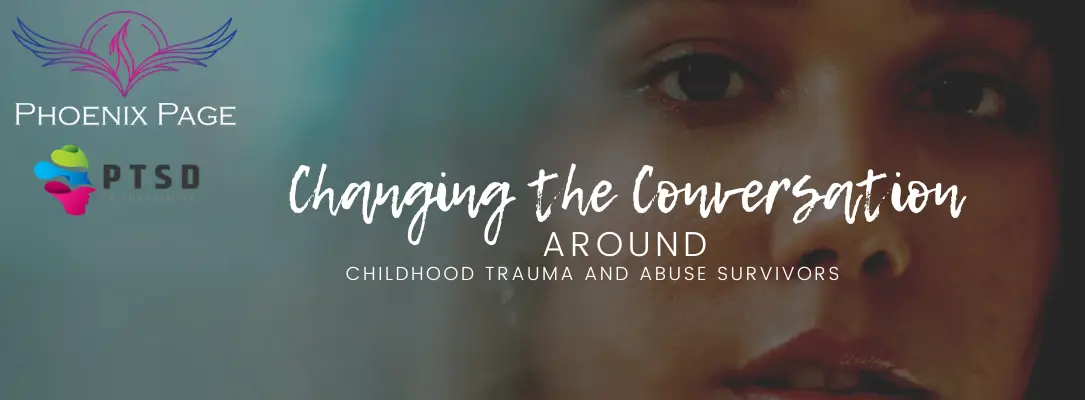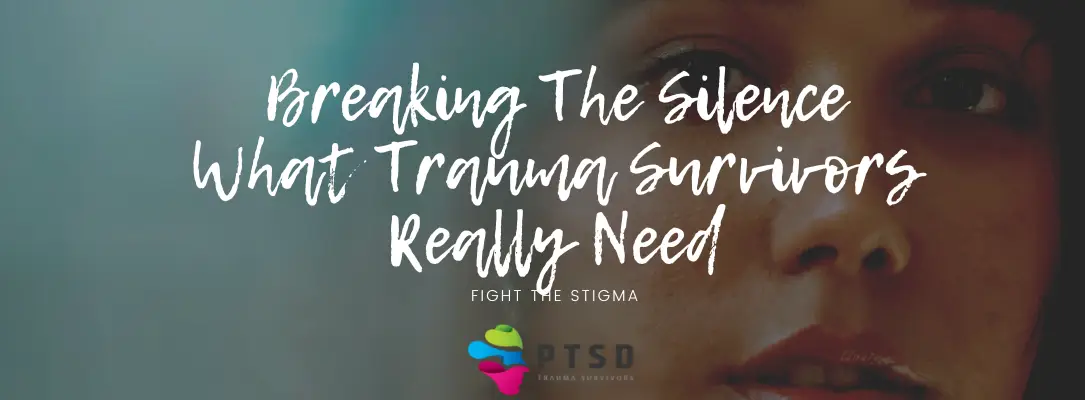
Educating Kids on Empathy and Mental Health is a Shared Responsibility
One glaring issue in today’s society is how we treat those who struggle with mental health. For too long, people with mental health challenges have been marginalized, mocked, and misunderstood. Historically, societal norms have dictated that anyone who does not conform is to be viewed with suspicion and distrust. Human beings are hardwired this way, but that doesn’t mean we can’t change. Empathy can be taught and learned, and schools are the perfect setting for this essential education.

